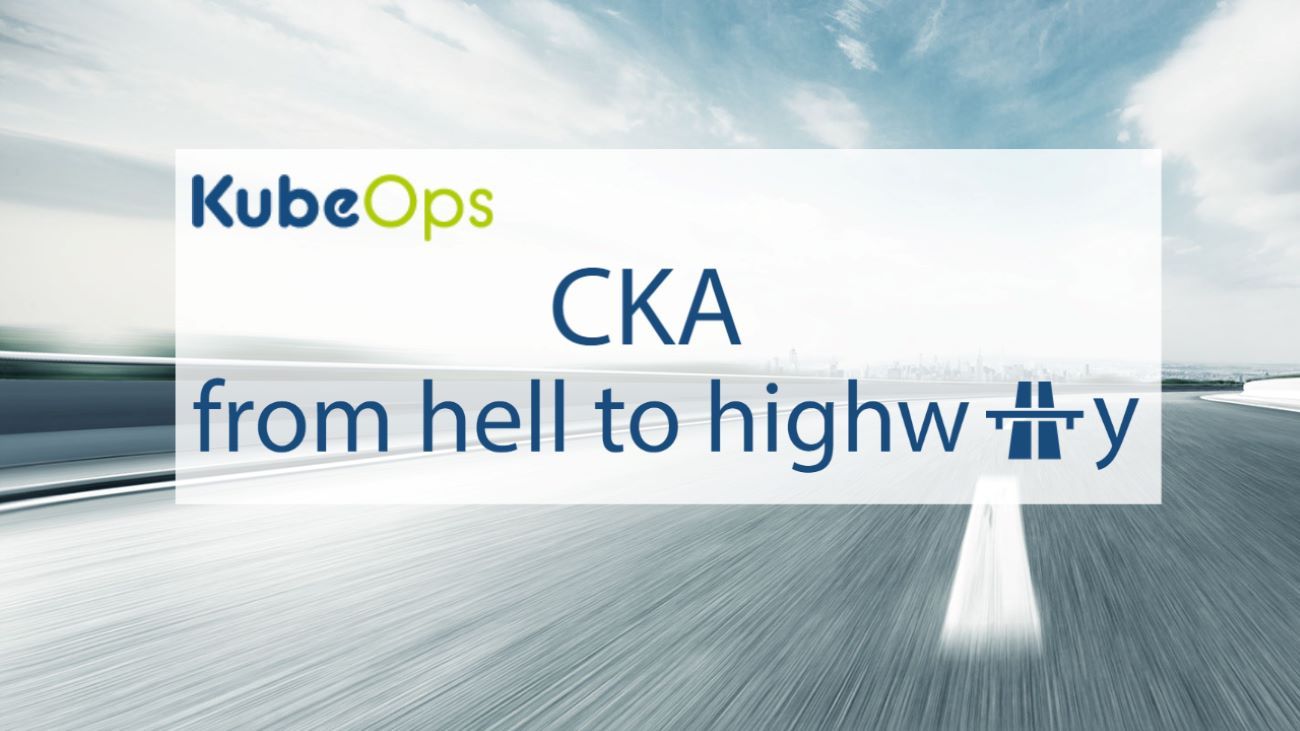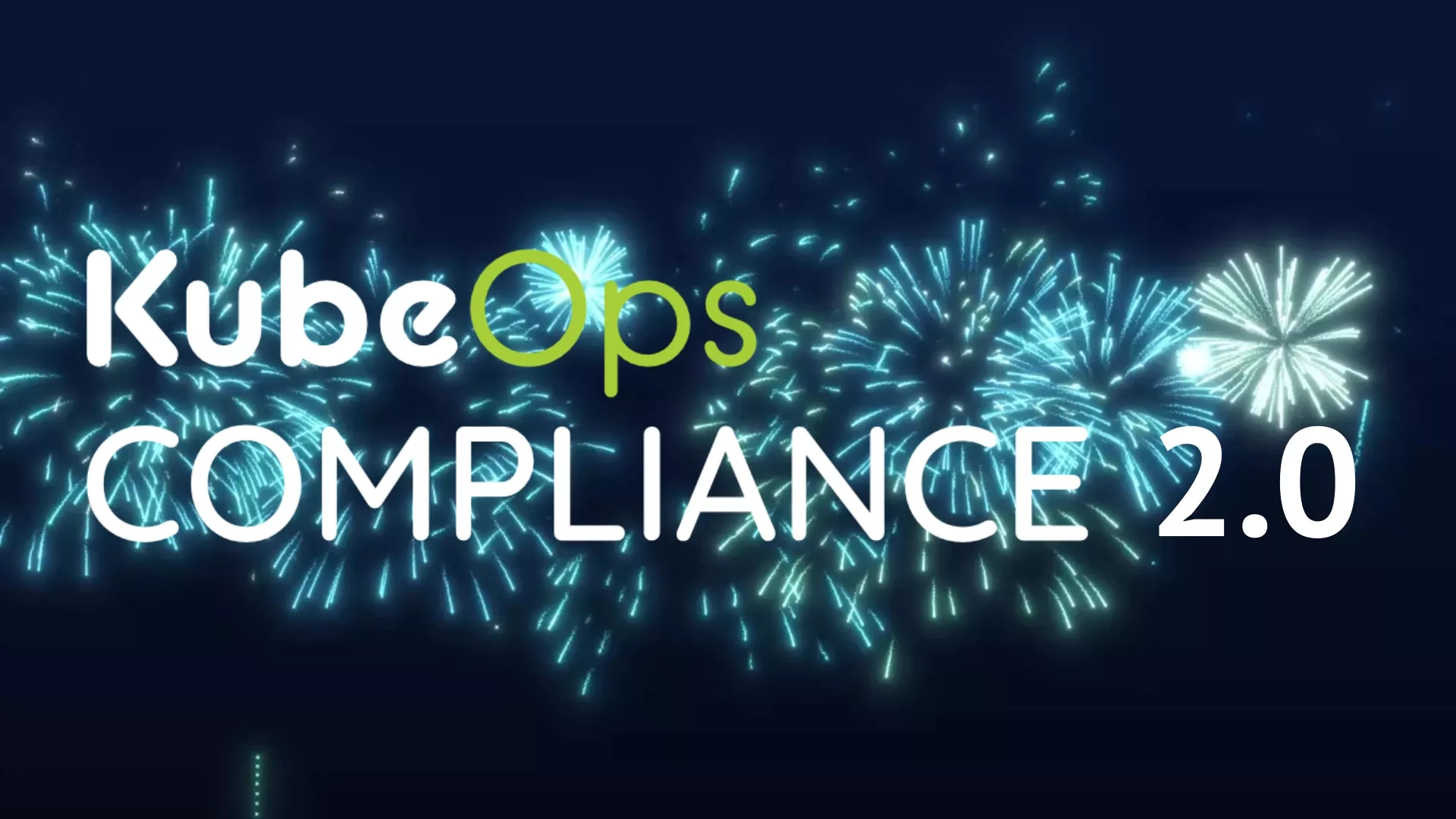Blogs
CKA from hell to highway

CNCF offers a certification program that allows users to demonstrate their competency in a hands-on Kubernetes environment. The purpose of the Certified Kubernetes Administrator program is to ensure that CKAs have the skills, knowledge, and competency to perform the duties of Kubernetes administrators. It is an online test that is taken by an examiner and requires multiple tasks to be completed from the command line.
A certified K8s administrator has demonstrated the ability to perform basic installation and production-grade configuration and management of Kubernetes clusters. He understands key concepts such as Kubernetes networking, storage, security, maintenance, logging and monitoring, application lifecycle, troubleshooting, API object primitives, and the ability to build basic use cases for end users.
The certification focuses on the skills required to be a successful Kubernetes administrator in today's industry.
This includes these general areas and their weighting on the exam:
- Storage 10%
- Troubleshooting 30%
- Workloads & Scheduling 15%
- Cluster Architecture, Installation & Configuration 25%
- Services & Networking 20%
The examinee should have good to very good knowledge in these areas, since these topics cover the typical administration of a Kubernetes cluster.
Furthermore, I recommend basic knowledge of the Linux operating system. For example, how to work with an editor (example "vim") or bash commands.
There are good sources for Linux basics on the net. A free course can be found at the Linux Foundation: Intro to Linux .
Important information for the exam preparation is also, which version of Kubernetes is used? - these changes from time to time, because Kubernetes is updated every 3-4 months.
Currently (as of 01/2023), Kubernetes version 1.26 is used in the exam.
The underlying Linux distribution is Ubuntu 20.04.
Preparation:
The question now is, what is the best way to prepare for this not easy exam? On the one hand, I recommend our KubeOps Kubernetes training program. The courses are very practical, and you always get tips on the exam for the corresponding topics. On the other hand, knowledge about the official Kubernetes documentation is important too. You'll find tons of information for the exam. But also for the daily use of Kubernetes. Depending on your prior knowledge, I would recommend going through the practical exercises provided several times. This is very important as the exam must be taken in a maximum time of 2 hours. This means that you only have a short time for the individual questions.
Here you can find our KubeOps Academy program!
A good exam simulation to get familiar with the interface can be found at KillerShell.
Since you are only allowed to use the Kubernetes documentation (kubernetes.io) during the exam, you should be very familiar with it and know where to find what you are looking for.
Therefore, it is worth going through some helpful documentation pages:
While doing so, also look at how to update only individual components.
You should know how to connect applications with services. Therefore read and practise the following:
The following pages are helpful about storage:
- kubernetes.io/persistent-volumes
- kubernetes.io/volume-storage
- Deployments are a generally important topic
- Troubleshooting
- Network / DNS Troubleshooting
Author: Ralf Menti

